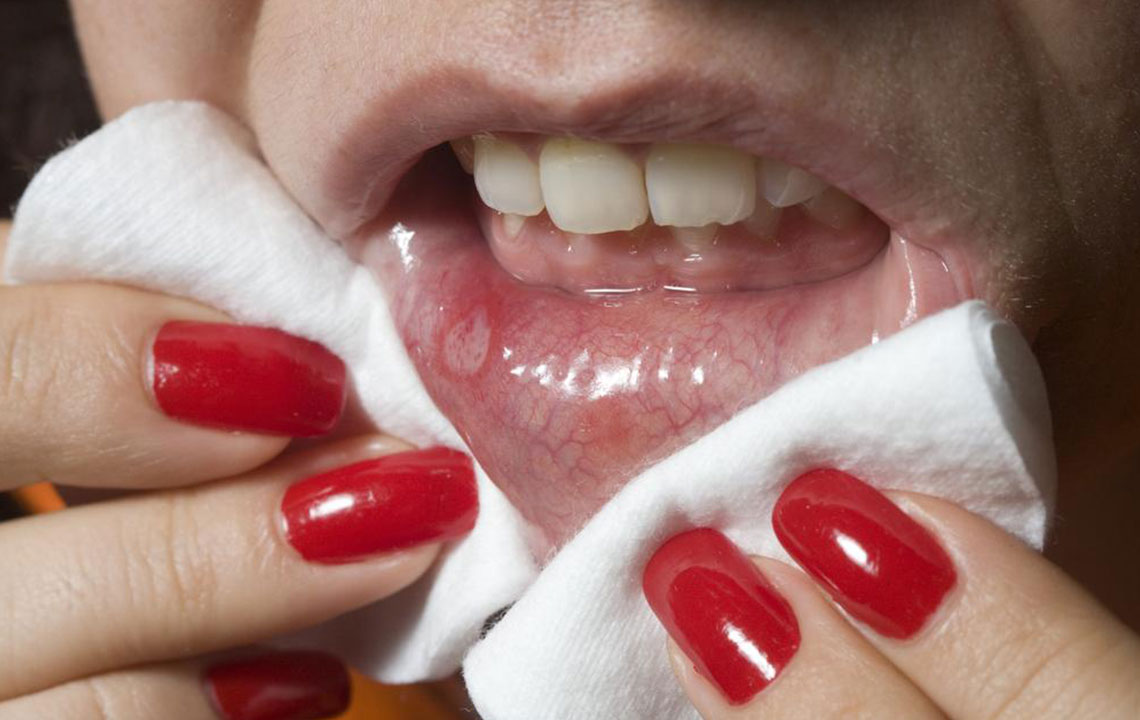Effective ways to prevent cold sores
The herpes simplex virus (HSV-1) is the main factor behind the spread of cold sores or fever blisters. HSV-1 is extremely contagious and spreads through direct contact. It can spread even if the cold sores are not visible in the body of the person who is infected by it.
As there are no particular cold sore treatments, it is essential that you take preventive steps to save yourself from getting the virus.

Some of the most common cold sore prevention methods are:
- Maintain good hygiene and clean your skin and private parts every day to avoid catching the virus.
- Avoid touching cold sores or coming into direct contact with people infected by it.
- If you live with a person who is undergoing cold sore treatments, it is important that you wash your hands frequently, especially before and after attending to the person.
- Always use sterilized cotton to apply any medication, cream or ointment on cold sores.
- Immediately change your toothbrush in the first instance of cold sores and after healing completely.
- Avoid highly acidic or salty foods having a rough texture, which can irritate the blisters.
- It is recommended that you use sunscreen while moving out in the sun to protect the blisters from irritation.
- Drink whole milk on a regular basis to get your dose of L-lysine, which helps prevent outbreaks of cold sores.
- Add peppermint oil to your bath on a regular basis to prevent cold sores and also as a part of cold sore treatments.
- Drink Echinacea tea on a regular basis as it boosts your immune system and helps prevent the breakout of cold sores.
- While you take all types of preventive measures, remember to keep stress at bay and have aloe vera gel and ice packs handy for easy cold sore treatments, if you are unable to prevent it.
Disclaimer:
The content of the articles discussing symptoms, treatments, health conditions, and side effects is solely intended for informational purposes. It is imperative that readers do not interpret the information provided on the website as professional advice. Readers are requested to use their discretion and refrain from treating the suggestions or opinions provided by the writers and editors as medical advice. It is important to seek the help of licensed and expert healthcare professionals when necessary.















